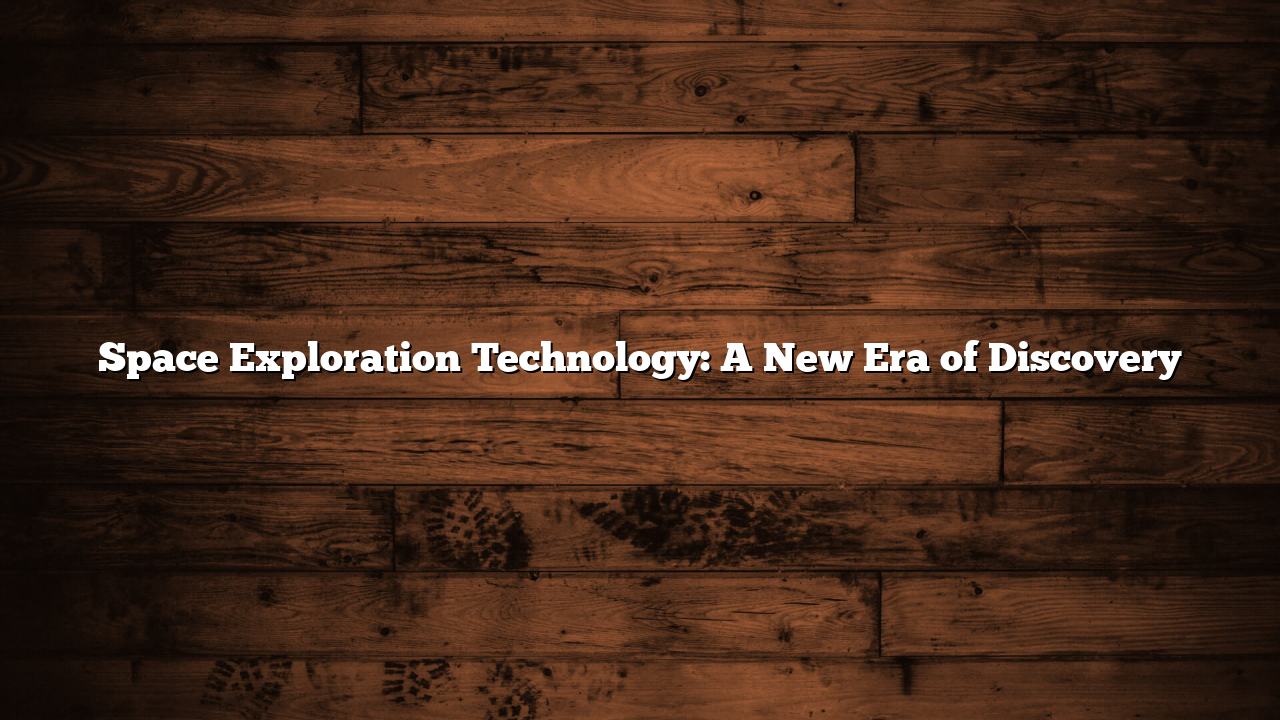Human fascination with space has existed for centuries, but modern technology has brought exploration to an entirely new level. Once dominated by government agencies like NASA and Roscosmos, space exploration now includes private companies such as SpaceX, Blue Origin, and Rocket Lab. These advancements otpklik daftar have ushered in a new era, where space is not just a scientific frontier but also a commercial opportunity.
One of the most significant technological leaps in space exploration is the development of reusable rockets. Traditionally, rockets were discarded after a single use, making launches expensive. Reusable systems, pioneered by SpaceX, drastically reduce costs, making space missions more frequent and accessible. This innovation has transformed the economics of spaceflight.
Satellite technology has also advanced significantly. Miniaturized satellites, often called CubeSats, are cheaper and easier to launch, enabling universities, startups, and smaller nations to participate in space research. Satellites now play a critical role in weather forecasting, global communications, navigation, and even environmental monitoring, helping scientists track climate change.
Space exploration also holds potential for resource utilization. Asteroid mining, though still in early stages, could provide valuable minerals like platinum and rare earth elements. Meanwhile, lunar missions aim to establish sustainable human presence, with water ice on the Moon being a potential resource for both drinking water and rocket fuel.
However, the commercialization of space raises questions about regulation, space debris, and environmental impact. Thousands of satellites in low Earth orbit risk creating collisions, leading to the dangerous “Kessler syndrome,” where debris multiplies uncontrollably. International cooperation and stricter policies will be vital to maintaining safe and sustainable space operations.
In conclusion, space exploration technology is reshaping humanity’s place in the universe. From reusable rockets to satellite miniaturization, innovations are making space more accessible than ever before. The future promises new opportunities, but also requires careful management to ensure exploration benefits all humankind.
